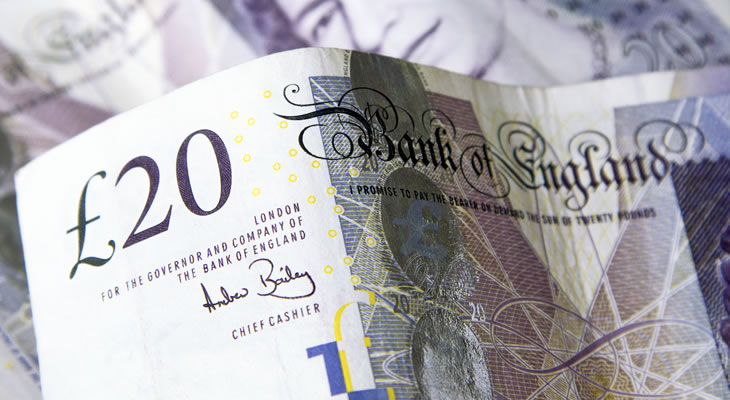Improved UK Construction PMI Limits Euro Pound Sterling (EUR/GBP) Exchange Rate Movement
A surprise rebound in October’s UK construction PMI helped to limit the momentum of the Euro to Pound Sterling (EUR/GBP) exchange rate ahead of the weekend.
In the wake of the disappointing UK manufacturing PMI the uptick from 52.1 to 53.2 suggests that the construction sector is in a more robust state of health.
However, the nature of the construction sector data was not entirely positive, as Duncan Brock, Group Director at the Chartered Institute of Procurement and Supply, noted:
‘On the surface, the construction sector showed growth but there was plenty for businesses to be concerned about underneath.
‘Optimism was at its lowest level for six years, as the sector remained stifled by client hesitation, fears about the health of the UK economy and continued Brexit uncertainty, resulting in slower growth of new orders and purchasing.’
This prevented Pound Sterling (GBP) for gaining any particular support, especially after seeing solid gains in the wake of Thursday’s Bank of England (BoE) policy announcement.
Contracting Italian Manufacturing Sector Weighs on Euro (EUR) Exchange Rates
As October’s finalised raft of Eurozone manufacturing PMIs proved disappointing this limited the upside potential of Euro (EUR) exchange rates.
Particularly discouraging was the decline in the Italian PMI, which proved weaker than forecasts as it slid from 50 to 49.2.
With the Italian manufacturing sector now in a state of contraction worries over the outlook of the wider economy picked up once again.
If Italian banks fare badly in the latest set of European Banking Authority stress tests this could put the Euro under increased pressure.
Until markets see evidence that the Italian government and European Commission are progressing towards an agreement over the 2019 budget proposal the EUR/GBP exchange rate could struggle to gain much traction.
However, easing global trade tensions may still give the single currency some degree of support in the near term.
Weaker UK Services PMI to Boost EUR/GBP Exchange Rate
Looking ahead, the EUR/GBP exchange rate could experience fresh volatility on the back of the latest UK services PMI.
As the service sector accounts for more than three quarters of the UK gross domestic product a strong showing here could give the Pound a solid boost against its rivals.
On the other hand, if the services PMI also points towards a slowdown in economic momentum at the start of the fourth quarter this may weigh heavily on GBP exchange rates.
A slowing service sector would suggest that the economy is coming under greater pressure ahead of the Brexit deadline, leaving the Pound vulnerable to fresh selling pressure.
Without signs of greater economic resilience the case for a 2019 BoE interest rate hike is likely to diminish, to the benefit of the Euro to Pound Sterling (EUR/GBP) exchange rate.


Comments are closed.